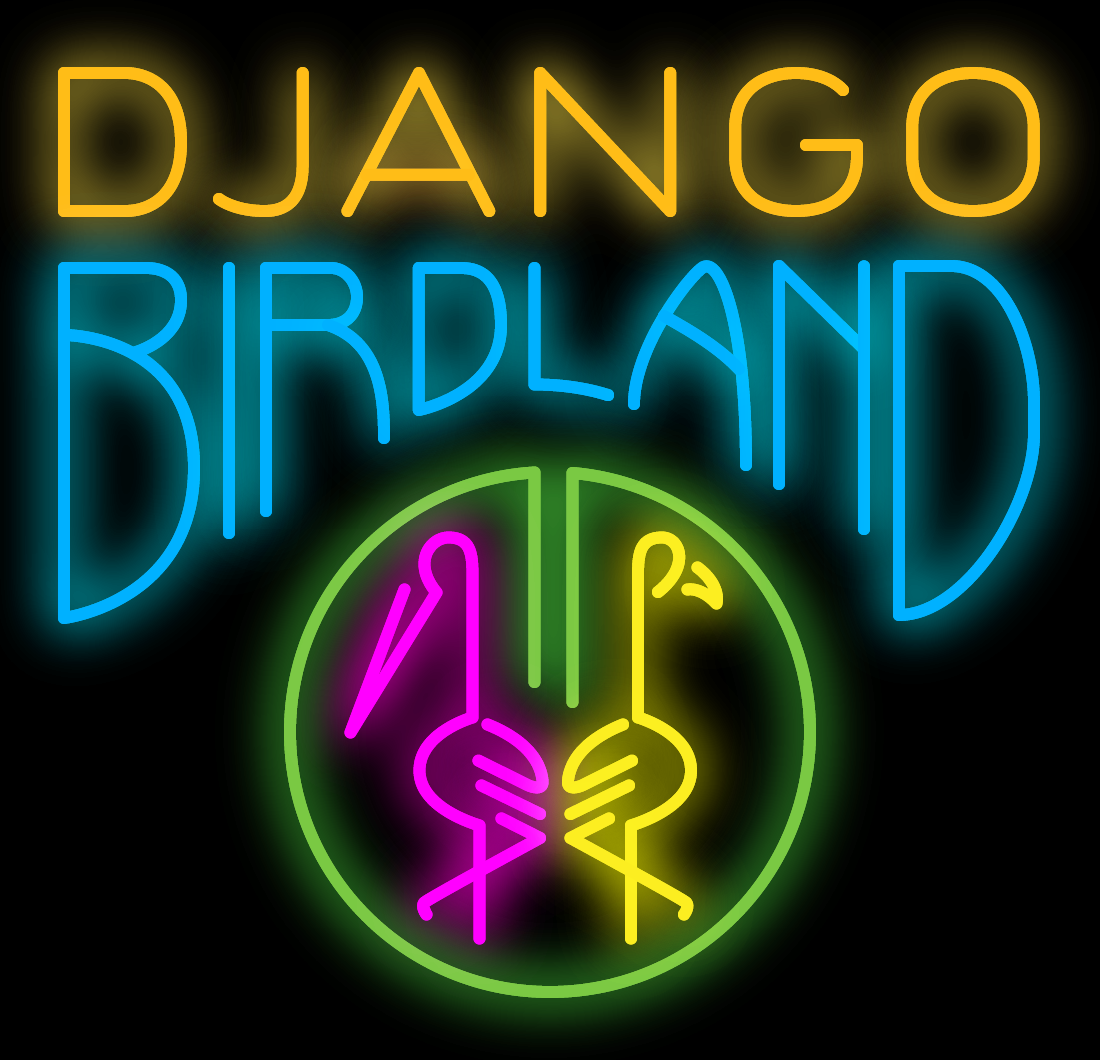By Will Friedwald
Django Reinhardt’s original jazz inspiration was Louis Armstrong, and his closest American counterpart was Art Tatum. Like both, Reinhardt’s greatest gift was turning sheer virtuosity into exuberant showmanship. It wasn’t just that he could leave a crowd breathless with a dazzling run along the guitar neck, but that his remarkable sense of composition and context could command an audience’s attention. Like Armstrong, Django held the crowd like a magnet; now imagine a stage filled with six contemporary Reinhardt descendants, and you’ll get a sense that the collective talent pool on the bandstand is larger than the Arc de Triomphe. With guest stars Anat Cohen, Grace Kelly and Cyrille Aimée, the DjangoFest is, even with its occasional gladiatorial aspect, the best jazz show in town.
Armstrong assembled the pandora’s box known as jazz, but Reinhardt (1910-53) was the first to open that box in Europe. That achievement—finding a uniquely European (and specifically Gypsy) approach to North American jazz—sent out shockwaves that are still being felt all over the world. And, as the world becomes a smaller place, we realize that there are Gypsy brass bands in Bulgaria that have incorporated New Orleans beats, and flamenco pianists from Spain who owe as much to Bill Evans as any local hero. In the 1950s, Armstrong began to extensively tour the world, but wherever “Ambassador Satch” went, he invariably found that jazz had already gotten there before him, thanks largely to Django and his Gypsy brethren, who transported the music throughout the continents by means of radio, recordings and caravan.
This year, the basic rhythm section at Django Festival is Gypsy guitarist Doudou Cuillerier (who also scatted on “Sweet Georgia Brown” and “Undecided”) and bassist Brian Torff, a Chicagoan who worked for decades with two Eurojazz superstars, George Shearing and Stephane Grappelli, Reinhardt’s own longtime musical partner. At Wednesday’s late set, the first guest, guitarist Evan Perri, leader of the Hot Club of Detroit, was pleased to commune with his fellow Django-ites on one of Reinhardt’s iconic swingers, “Belleville,” before three more featured stars entered: accordionist Ludovic Beier, violinist Pierre Blanchard, and guitar star Samson Schmitt. Mr. Schmitt, as producer Pat Phillips pointed out, has practically grown up on the stage at Birdland, having long served as rhythm accompanist to his father, Gypsy king Dorado Schmitt. This is the first year that the younger Schmitt is spotlighted as a headliner. The second number, however, was Mr. Blanchard’s chance to shine; lately there are a lot of jazz violinists, but none captures the true romantic fire of Grappelli the way Mr. Blanchard does on “Troublant Bolero.” Israeli saxophonist Anat Cohen, the featured guest on Tuesday and Wednesday, wielded her soprano on “Sweet Georgia Brown,” which she made into a hard-driving feminist anthem. No gal made has got a shade on Ms. Cohen: Grace Kelly, who plays tonight, is a promising youngster who still has a long way to catch up with her, although French vocalist Cyrille Aimée, who guests over the weekend, is a unique phenom unto herself. For most of the last 70 years, Reinhardt’s most famous composition was the ballad “Nuages”; Ms. Cohen slowed it down to the point where it was indistinguishable from either the “Honeymooners” theme or Jerry Herman’s “If He Walked Into My Life.” Another ballad, “Manoir De Mes Rêves,” essayed by Mr. Beier on what he calls “accordina” (a love child of the harmonica and accordion) was possibly even more breathtaking and beautiful. In the 13 years since the Django Fest became a regular event at Birdland, “Minor Swing” has become the international anthem of Djangology. The late set on Tuesday built to a thrilling climax, with Ms. Cohen returning to the stage and wailing like a gypsy from Tel Aviv. She too is one of Django’s children.
